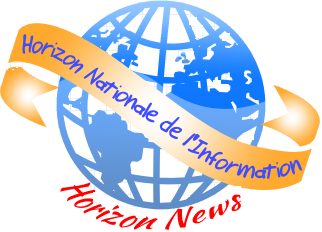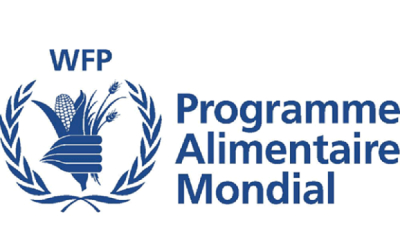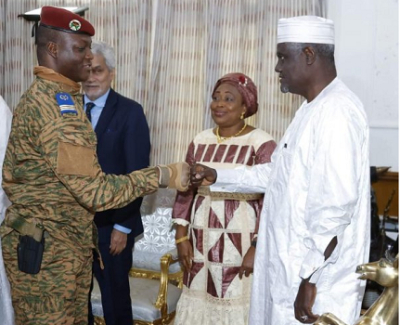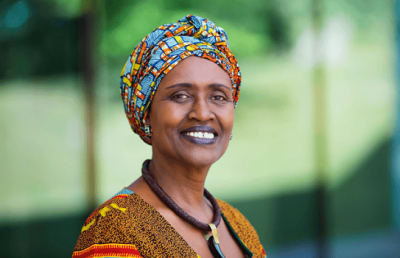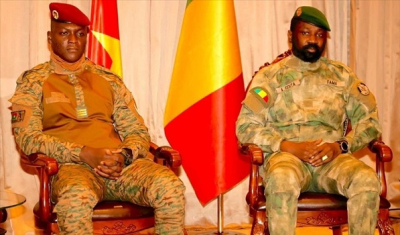The purpose of the virtual meeting was to raise awareness of the UN Secretary-General's report on promoting inclusive and effective international tax cooperation at the United Nations, which was mandated by the UN General Assembly in Resolution 77/244, tabled by Nigeria on behalf of the Group of African States. The report examined existing arrangements, suggested enhancing the UN's role in tax norm shaping and rule setting, and identified three viable options: a multilateral convention on tax, a framework convention on international tax cooperation, and a framework for international tax cooperation.
The meeting highlighted how tax inequalities between foreign and resident companies often have a detrimental effect on countries in the global south. Non-resident companies, particularly those in the digital business, typically pay less in taxes than resident companies, creating an unfair competitive advantage in the countries they operate in. Additionally, the existing solutions provided by the Organization for Economic Cooperation and Development (OECD) have been found to be unfavorable to developing countries.
Antonio Pedro, Acting Executive Secretary of the UN Economic Commission for Africa (ECA) welcomed progress made in the UN culminating in the Secretary Generals’ report on International Tax Cooperation which will be presented and discussed at the September UN General Assembly.
Despite various calls from the global south, measures established internationally to address these shortcomings have been undertaken on unequal basis, and many times without effective participation of the global South, he said. Furthermore, the on-going OECD/G20 inclusive framework on base erosion and profit shifting has not been significantly beneficial to African countries and the global South. Only 27 African countries, just about half, are members of the Inclusive Framework, which has a membership of 143 countries.
Mr. Pedro encouraged participants to engage with the upcoming ECA technical report on critically assessing the UNSG's three options in order “to give developing countries an equitable chance to participate effectively in international tax cooperation structures by shifting the power away from the current self-select club of developed countries.”
Carlos Correa, Executive Director of the South Center, also addressed the historic opportunity that the Secretary General's report presented for developing countries to change the current biased decision-making process concerning international taxation.
The speakers, including Irene Ovonji-Odida, a member of the AU/ECA High Level Panel on Illicit Financial Flows from Africa, Mary Baine, Deputy Executive Secretary of the African Tax Administration Forum, Apoorv Tiwari of the Indian Revenue Service, and Chenai Mukumba, the Executive Director of Tax Justice Network Africa, welcomed the UN Secretary General's report as a one-time chance for developing countries to unite and participate in international tax cooperation structures. They stressed the importance of “safeguarding against potential hijacking of the UNGA discussions later this month to ensure that biased decision-making processes in the governance of international tax matters are altered.”
Note to Editors:
- The AU/ECA conference of African Ministers of Finance, Planning and Economic Development in 2010 mandated ECA to establish a High-Level Panel on illicit financial flows from Africa. The Panel's recommendations included strengthening governance and transparency, improving tax collection, and increasing international cooperation.
- ECA has since done extensive work to address IFFs in Africa, including establishing measures to put in place the institutional architecture to address IFFs, reform their tax expenditure regimes, return assets lost through IFFs, and boost domestic resource mobilization.
- However, multinational corporations use aggressive tax planning to ship value created in a developing country to their domicile origins, limiting domestic resource mobilization efforts.
- Malgré les appels du Sud, les mesures visant à remédier à ces lacunes ont été prises sur une base inégale, sans la participation effective du Sud.
-Prend fin-
À propos de la Commission économique des Nations Unies pour l'Afrique
Créée par le Conseil économique et social (ECOSOC) des Nations Unies (ONU) en 1958 en tant que l'une des cinq commissions régionales de l'ONU, la Commission économique des Nations Unies pour l'Afrique (CEA) a pour mandat de promouvoir le développement économique et social de ses États membres . Les États , favorisent l'intégration intrarégionale et promeuvent la coopération internationale pour le développement de l'Afrique. La CEA est composée de 54 États membres et joue un double rôle en tant que bras régional de l’ONU et élément clé du paysage institutionnel africain.
